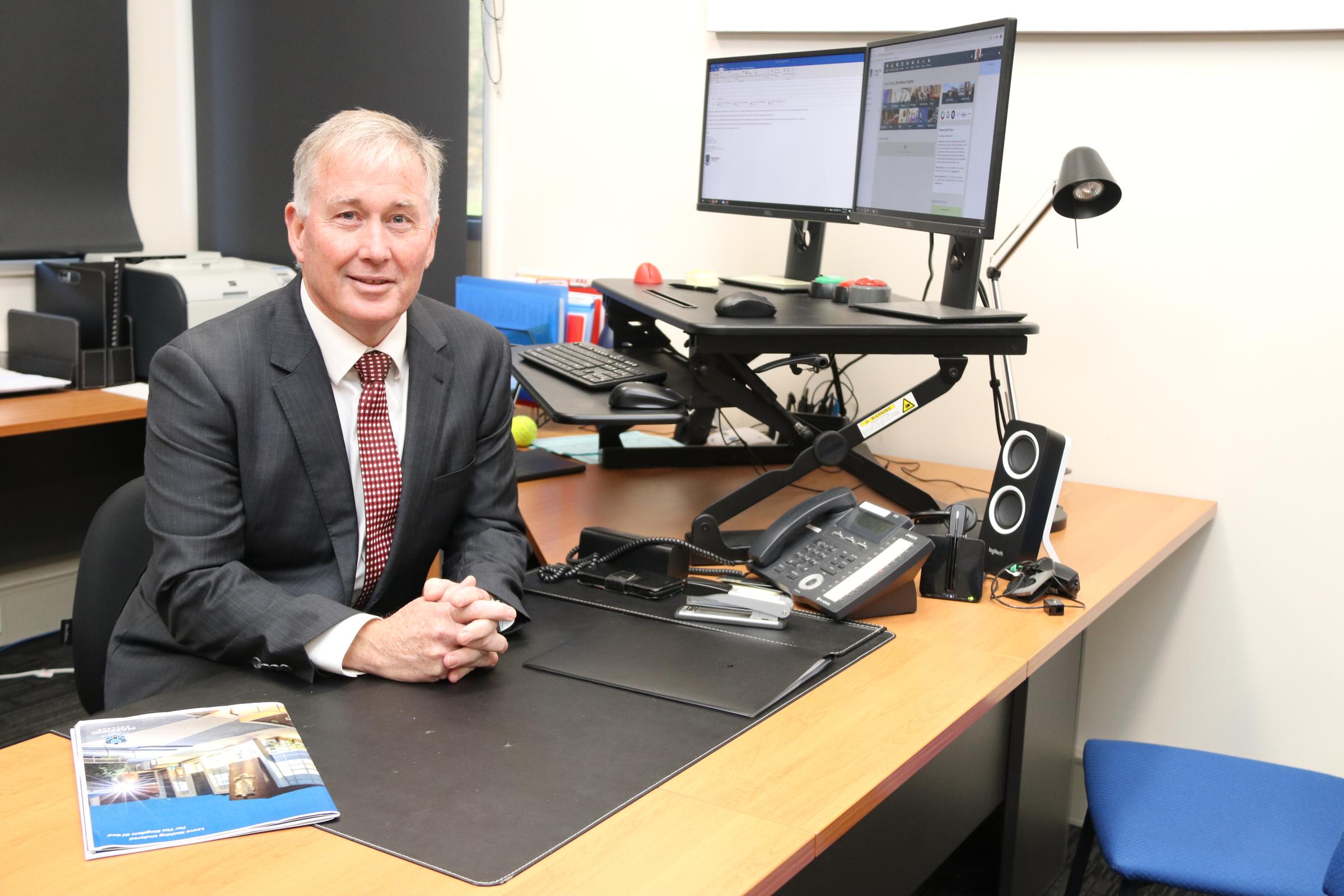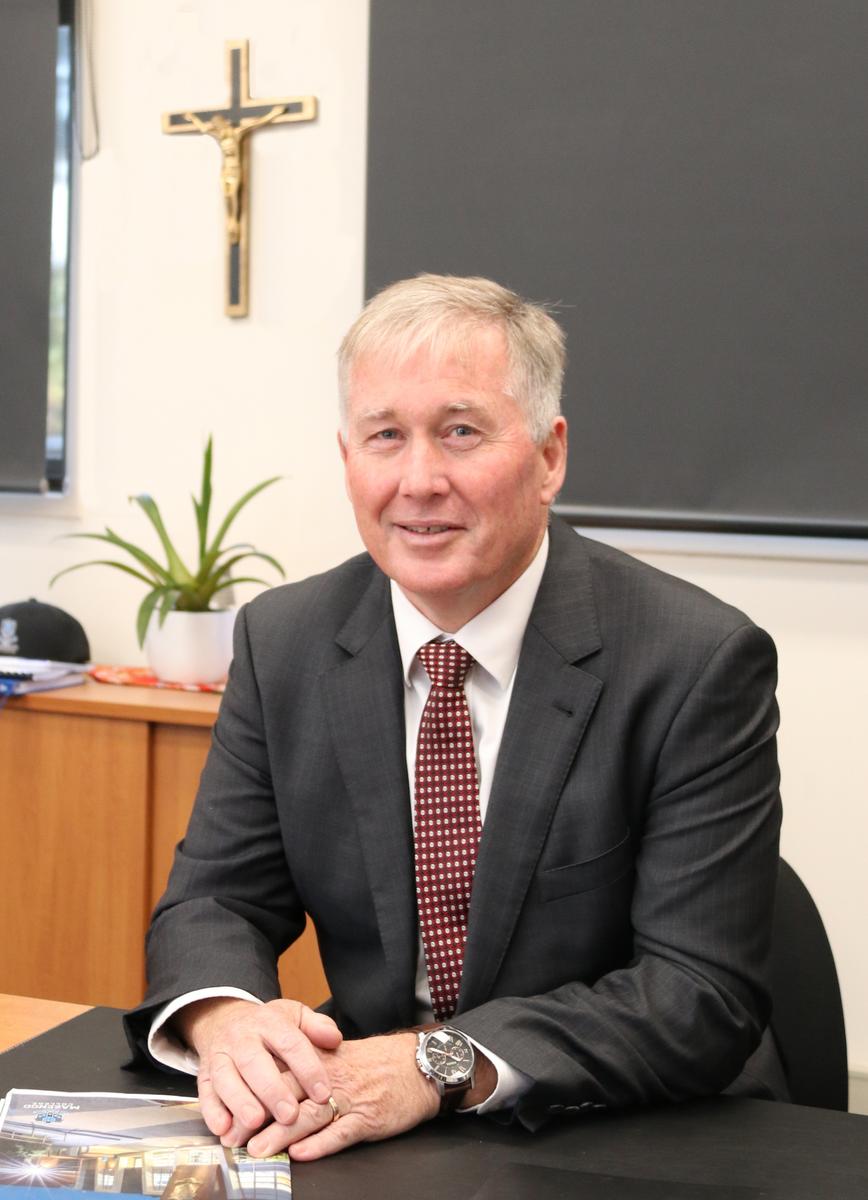Principal's Post

Dear Parents,
Today, Friday 28th February the College Community will gather at St Patrick’s Cathedral for our Inaugural Mass, to celebrate the start of the academic year. Our tradition of inducting the College Leaders on this auspicious occasion continues and the following students were introduced to the congregation.
College Captain Dylan Peiris
Vice Captain David Botros
Vice Captain Roque Rosario
Vice Captain Ronan Fernandez
Head Prefect Amos Duckett
Head Prefect Terrence A’Hearn
Prefects Noah Crasto Rishi Nagpal Noah Andrews
Francis Zaar Thomas Yong Jordan Tranter
Harry Minack Sean O’Connor Dylan Ly
Noah Alwyn Kyle Troung Luke Heiden
Thomas Raymond Kurt Tellis Gavin Liyanage
Francesco Mandarino Maneth Naga Matthew Lewis
Noah Di Teodoro Nicholas Siow
Last week Principals in Victorian Catholic Colleges and leaders in curriculum were invited to a series of presentations by Professor John Hattie. John Hattie has been Professor of Education and Director of the Melbourne Education Research Institute at the University of Melbourne since March 2011. Noel Jenkinson, Deputy of Curriculum and Adrian De Fanti, Dean of Learning and Innovation accompanied me to this professional learning opportunity.
John Hattie is renowned for his collection and compilation of data so that the impact of learning can be measured quantitatively. Meta Data Analyses can be found in Corwin Meta Data Analysis www.visiblelearningmetax.com The focus of the day was the Visible Learning Story which is exactly the pathway Mazenod is heading as a result of the analysis of our needs during last year’s Review, Visible Learning and Visible Wellbeing.
John actually quantifies the impact of educational influences. For example, his works tells us that high impact to learning outcomes include the following:
Collective Teacher Efficacy
Cognitive Task Analysis
Deliberate Practice
Effort Management
Problem Solving Teaching
Belonging (refers to belonging to classroom)
Flipped Classroom
Feedback
I appreciate I am dangerously close to boring if not offending people with teacher jargon but each of these areas needs to continually be addressed if we have a genuine school improvement agenda. A few examples of how we are addressing these areas is consciously providing times and opportunities for teachers to work collaboratively, not just to share resources but to collectively develop and measure the impact of teaching practice and learning outcomes. Over recent years the College has employed staff and created leadership responsibilities to help teachers measure impact, utilising data. This area of education is destined to be more prominent in all schools’ improvement agendas in future years.
Another focus is the need for our students to more aware of what works for their learning and how they manage their own learning. Student expectations in this area can be improved if they can articulate:
I know where I am going
I have the tools for the journey
I monitor my progress
I recognise when I am ready for what’s next
I know what to do next.
Yours sincerely,
Mr Tony Coghlan
Principal

